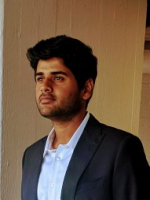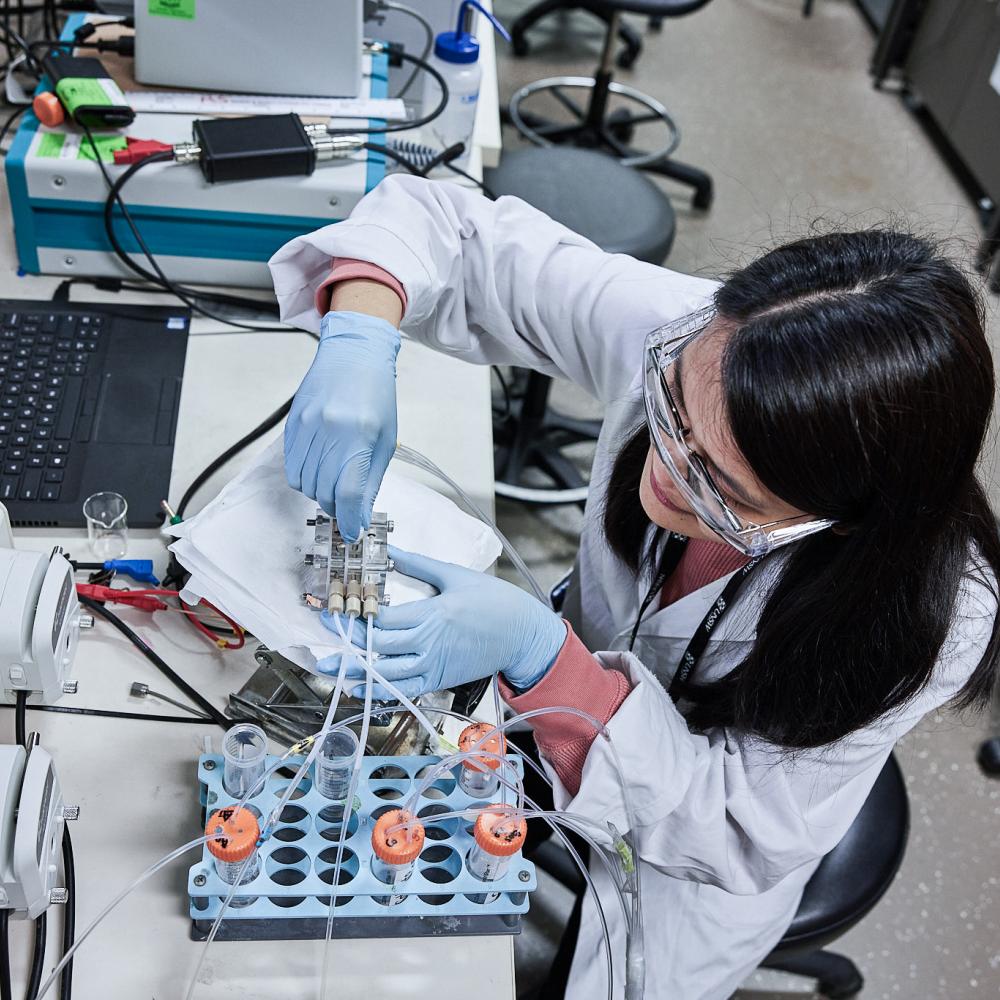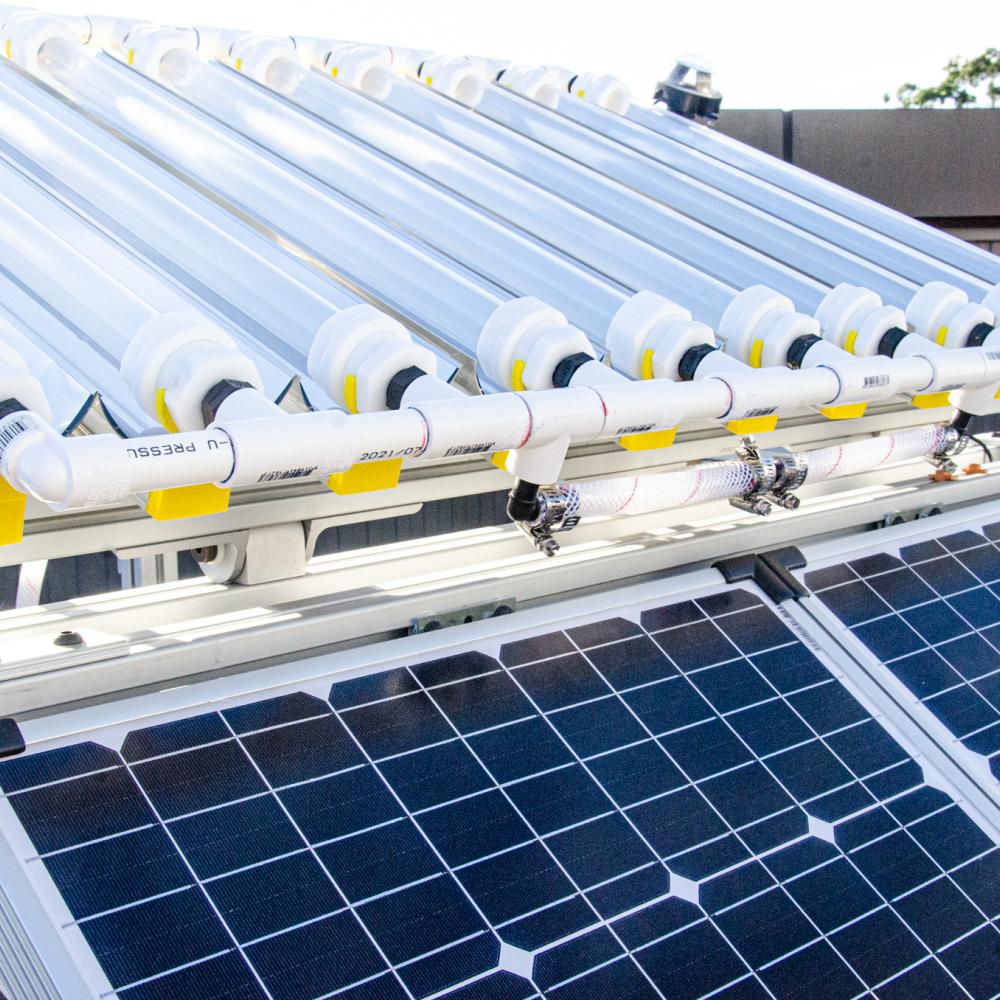Brief bio
Dr. Priyank Vijaya Kumar is a Scientia Senior Lecturer in chemical engineering at UNSW. Prior to this, he obtained his PhD in June 2015 under the guidance of Prof. Jeffrey C. Grossman in the department of materials science and engineering at the Massachusetts Institute of Technology, USA. His dissertation focused on the atomistic computational design of two-dimensional materials (graphene, graphene oxide and transition metal dichalcogenides) for electronic, optoelectronic and biomedical applications. He was also closely involved with experiments in the group of Prof. Angela Belcher at MIT. Following his PhD, he won a Marie-Curie grant to carry out his postdoctoral research in the group of Prof. David J. Norris at ETH Zurich, Switzerland. He applied ab initio methods such as density functional theory (DFT) and time-dependent DFT (TDDFT) to investigate plasmonic hot-carrier processes such as plasmon formation, hot-carrier generation, electron transport and electron-phonon coupling at metal-semiconductor and metal-molecule interfaces with an aim to advance photocatalysis and other applications. In May 2019, he started as a Scientia Lecturer in the school of chemical engineering at UNSW, Sydney with a vision to establish a computational materials design group and foster experimental collaborations.


